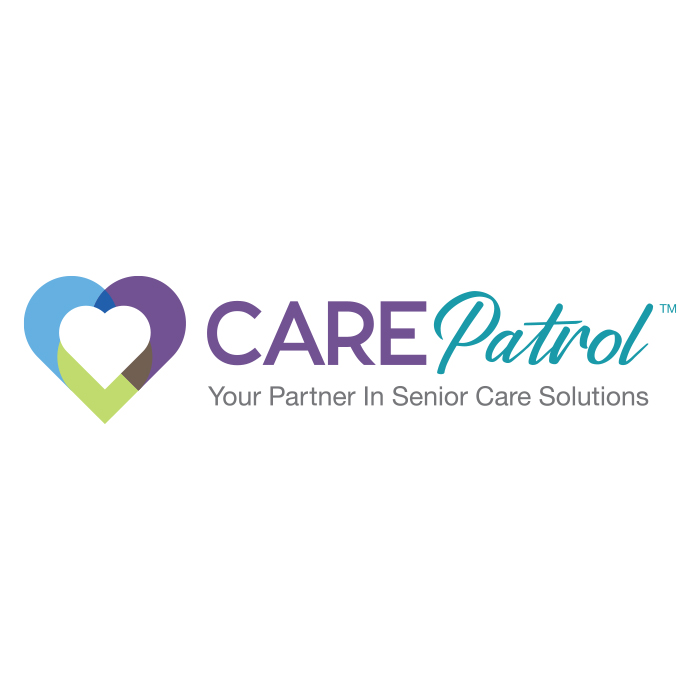Over half of Americans in their 40’s today are “sandwiched” between caring for their children under 18 and a parent over 65. As the average life expectancy increases and Baby Boomers hit retirement age, more families than ever are finding themselves ready to explore senior living care options.
But navigating all the different options and the lingo associated with them—assisted living, retirement community, memory care, and so on—can be daunting. How do you know what type of care your loved one is eligible for?
At CarePatrol, our mission is to help families of all shapes, sizes, and needs find the perfect senior care option for their situation. We’ve created this quick guide to help you understand the major categories of care available for older adults and who is eligible for these senior living options.
Independent Living
Independent living is a lot like living in an apartment, but with more opportunities for socializing and less of the hassle of maintaining a home. Your loved one won’t have to worry about small things that make a big difference, like home maintenance, basic housekeeping, and trash removal. They usually also enjoy access to amenities like fitness centers, transportation services, and lots of social events.
Independent living is perfect for older adults who are active and don’t require regular medical services. The primary goal of independent living is building community—here, they can meet new people, eat together in shared dining rooms (only if they choose!), and otherwise go wherever they want, whenever they want to.
Generally, to be eligible for independent living, a person should:
- Have no major health conditions that require skilled nursing care
- Be physically capable of living alone with light assistance
- Meet the minimum age requirements of the community (usually either 55+ or 62+)
Assisted Living
In an assisted living community, older adults still retain independence but receive more help. If your loved one needs health services such as medication management, personal hygiene and grooming help, or mobility assistance, an assisted living facility can provide that care. They can also provide housekeeping, transportation, meal preparation, and social activity services.
The extent of assistance these communities offer varies from one location to another, which is why working with a senior care advisor is a great idea. We can help you find the perfect community that offers the exact amount of care your loved one needs.
Generally, assisted living is appropriate for people who:
- Need daily assistance with everyday tasks like bathing, moving around their living space, or making meals
- May need minimal skilled nursing services such as physical therapy, speech therapy, or medication management
- Don’t need continuous supervision or extensive medical care
Memory Care
If your loved one struggles with Alzheimer’s disease or another form of dementia, you have specialized options. Memory care communities are there to help people with middle- to late-stage memory conditions maintain a high quality of life. These communities are specialized to keep residents’ minds active while reducing confusion. They may provide art classes, physical therapy, and other structured activities that promote brain health.
At CarePatrol, our senior care advisors are trained to know the difference between normal forgetfulness and early signs of dementia. Once we’ve determined that memory care is the right option, we’ll recommend the perfect structured care environment and provide plenty of support in the transition.
Generally, memory care is recommended for people who:
- Experience memory loss that disrupts their daily life
- Show confusion with time, place, or completing activities they were once familiar with
- Have trouble performing daily tasks like bathing and grooming
Nursing Homes
When your loved one needs full-time medical assistance, a nursing home provides the most comprehensive care available. Typically, they’re used more for short-term rehabilitation after a hospital stay than for long-term residency. However, some seniors on Medicaid programs do stay in nursing homes for longer durations if they are very ill.
In a nursing home, your loved one will receive medical health services, full housekeeping, community or in-room meal service, and 24-hour security to ensure their safety and wellbeing.
This service should be considered only for those who have a true medical need for round-the-clock nurse supervision and assistance.
Looking for Senior Living Placement? We’ll Find Your Perfect Community
Trying to navigate all your many senior care options alone can be overwhelming. Each individual community offers unique services and amenities and caters to different lifestyles. Instead of wading through thousands of online reviews, trust the experts at CarePatrol.
We’ve vetted thousands of senior living communities nationwide, and our professionals are steeped in local knowledge to recommend the best options in your area. Best of all, our services are completely free. If you’re looking for care for an aging relative, reach out to your local senior care advisor at CarePatrol today!
CarePatrol: Your Partner in Finding Senior Care
CarePatrol is a proud member of the Best Life Brands family, dedicated to helping you choose the right senior care option for your loved one. From first recommendations to community tours to moving day assistance and beyond, we’re always there to take the pressure off you so you can focus on the person you love. Contact us to get started finding CarePatrol services in your area today!


